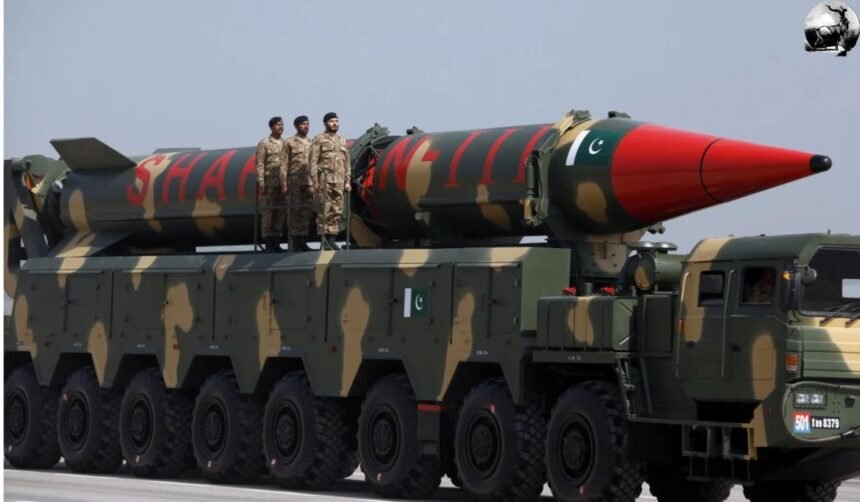India’s Defence Minister Rajnath Singh has suggested that Pakistan’s nuclear weapons be placed under international supervision, citing concerns over what he described as Islamabad’s “irresponsible” behavior. His remarks come just days after a sharp military escalation between the two nuclear-armed neighbours was halted by a ceasefire.
Speaking to soldiers in Srinagar, Singh questioned whether Pakistan could be trusted with nuclear weapons, pointing to recent cross-border hostilities. He said such arms should be monitored by the International Atomic Energy Agency (IAEA), the UN’s nuclear watchdog based in Vienna, which is responsible for overseeing the peaceful use of atomic energy.
Read More: No Indian Pilot in Custody, Confirms ISPR After Viral Claims
The proposal follows a period of heightened tension, which began after India conducted airstrikes on what it claimed were militant camps inside Pakistan, in retaliation for a deadly attack in Indian-administered Kashmir that left 26 soldiers dead. India blamed the attack on Pakistan-based groups, a charge Islamabad has strongly denied.
The military exchange escalated rapidly, with both sides deploying drones and missiles across the border. The situation cooled over the weekend after a fragile truce was agreed.
During the conflict, Pakistan’s military indicated that its top nuclear command was monitoring the situation, sparking concern about the possible involvement of nuclear weapons. However, Pakistani officials later denied that any such meeting had been held.
Read More: India and Pakistan Agree to Immediate Ceasefire
India’s Prime Minister Narendra Modi has maintained a firm stance, warning that any future attacks would be met with force and dismissing what he described as Pakistan’s “nuclear blackmail.” In response, Islamabad condemned Modi’s remarks as aggressive and destabilising.
The call for IAEA oversight marks a rare and provocative diplomatic move, likely to deepen tensions between the two nations, which have maintained a bitter rivalry since becoming nuclear powers in 1998.


